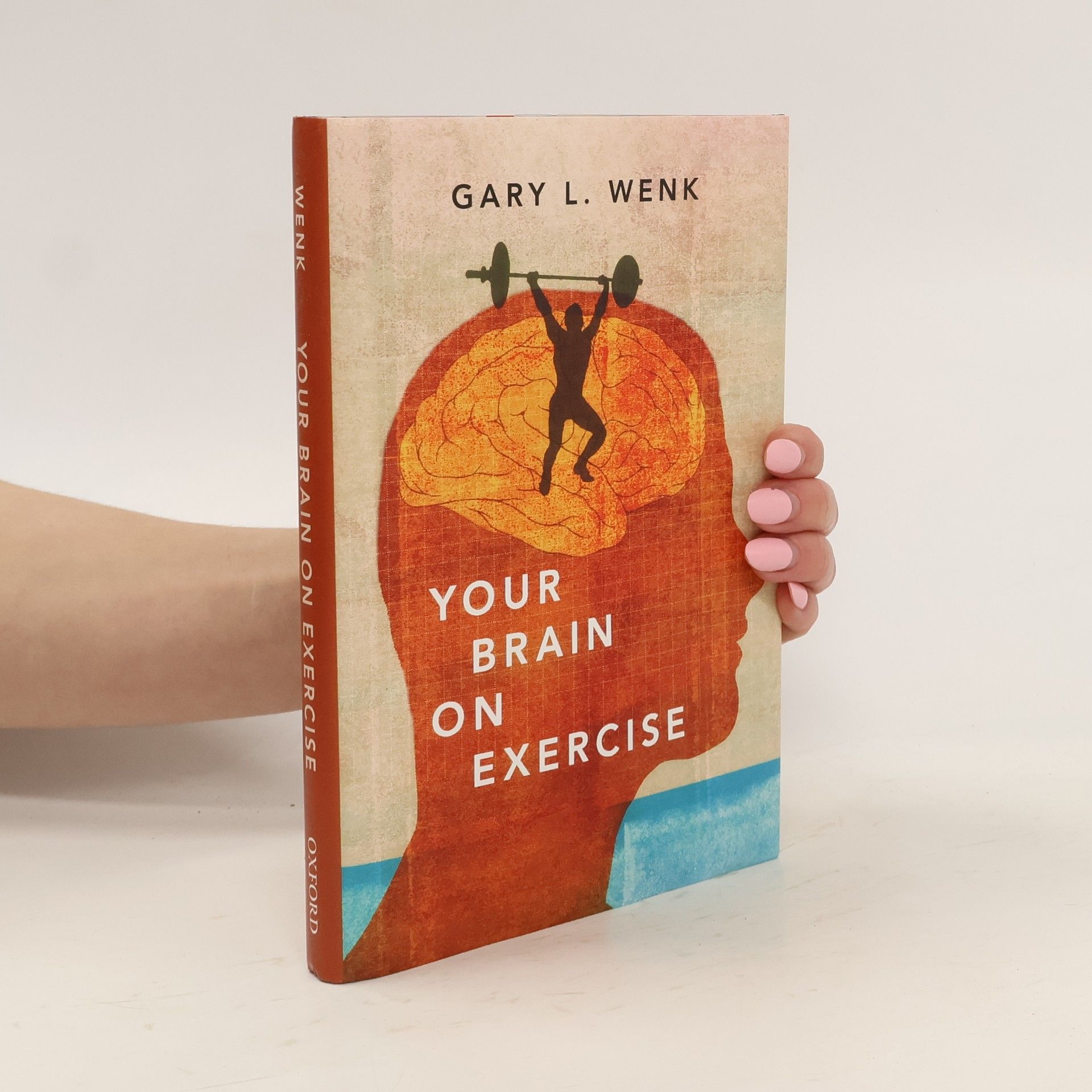Acclaimed neuroscientist Gary Wenk reveals the fascinating impacts of exercise on the brainDecades of research demonstrate that regular modest levels of exercise improve heart and lung function and may relieve joint pain. Regular daily exercise will help your body to regulate blood sugar levels and reduce inflammation, and many of these benefits are a consequence of reducing the amount of body fat you carry around. Your body clearly benefits in many ways from regular exercise. Does your brain benefit as well? Does regular exercise positively affect brain function? Does our thinking become faster because we exercise? Does running a marathon make us smarter? Dr. Gary Wenk's goal is to provide a realistic perspective on what benefits your brain should expect to achieve from exercise. Your Brain on Exercise skillfully blends scholarship with illuminating insights and clarity. Without requiring any specialized knowledge about the brain, Your Brain on Exercise entertainingly illustrates the intersection between brain health, the consequences of exercise, and our need to eat in anentirely new light. An internationally renowned neuroscientist and medical researcher, Dr. Wenk has been educating college and medical students about the brain and lecturing around the world for more than forty years.
Gary L. Wenk Livres
Gary L. Wenk explore les liens complexes entre l'esprit et le corps à travers ses travaux en psychologie et en neurosciences. Ses recherches éclairent les fondements biologiques du comportement humain et de la cognition. Par ses écrits, il cherche à démystifier les mécanismes complexes qui animent nos pensées, nos émotions et nos décisions. L'approche de Wenk allie la rigueur scientifique à une prose accessible, offrant aux lecteurs un aperçu du paysage fascinant du cerveau.


Kartezjusz uważał, że umysł istnieje niezależnie od mózgu, a dziś, niemal czterysta lat po jego śmierci, wciąż nie do końca rozumiemy, jak z procesów elektrycznych i chemicznych w mózgu wyłania się umysł. Książka ta przedstawia zarys odpowiedzi na te pytania. Autor, Profesor Gary L. Wenk, zebrał najważniejsze i rzetelne informacje o ludzkim mózgu, prezentując je w przystępnej formie dla czytelnika niespecjalisty. Rozdziały obejmują kluczowe zagadnienia, takie jak ewolucja mózgu, emocje, halucynacje, proces uczenia się oraz wpływ diety na myślenie i samopoczucie. Autor porusza również kwestie związane z starzejącym się mózgiem, tworzeniem wspomnień, problemami pamięci u pacjentów z chorobą Alzheimera oraz metodami leczenia utraty pamięci i depresji. Dodatkowo, omawia problemy ze snem związane z depresją, przyczyny głosów słyszanych przez osoby chore na schizofrenię, uzależnienie od kawy, rolę flory jelitowej w funkcjonowaniu mózgu oraz wpływ przypraw na zdrowie mózgu. Książka stawia również pytania o różnice między mózgami kobiet i mężczyzn oraz o potencjalne leki na starzenie się mózgu.